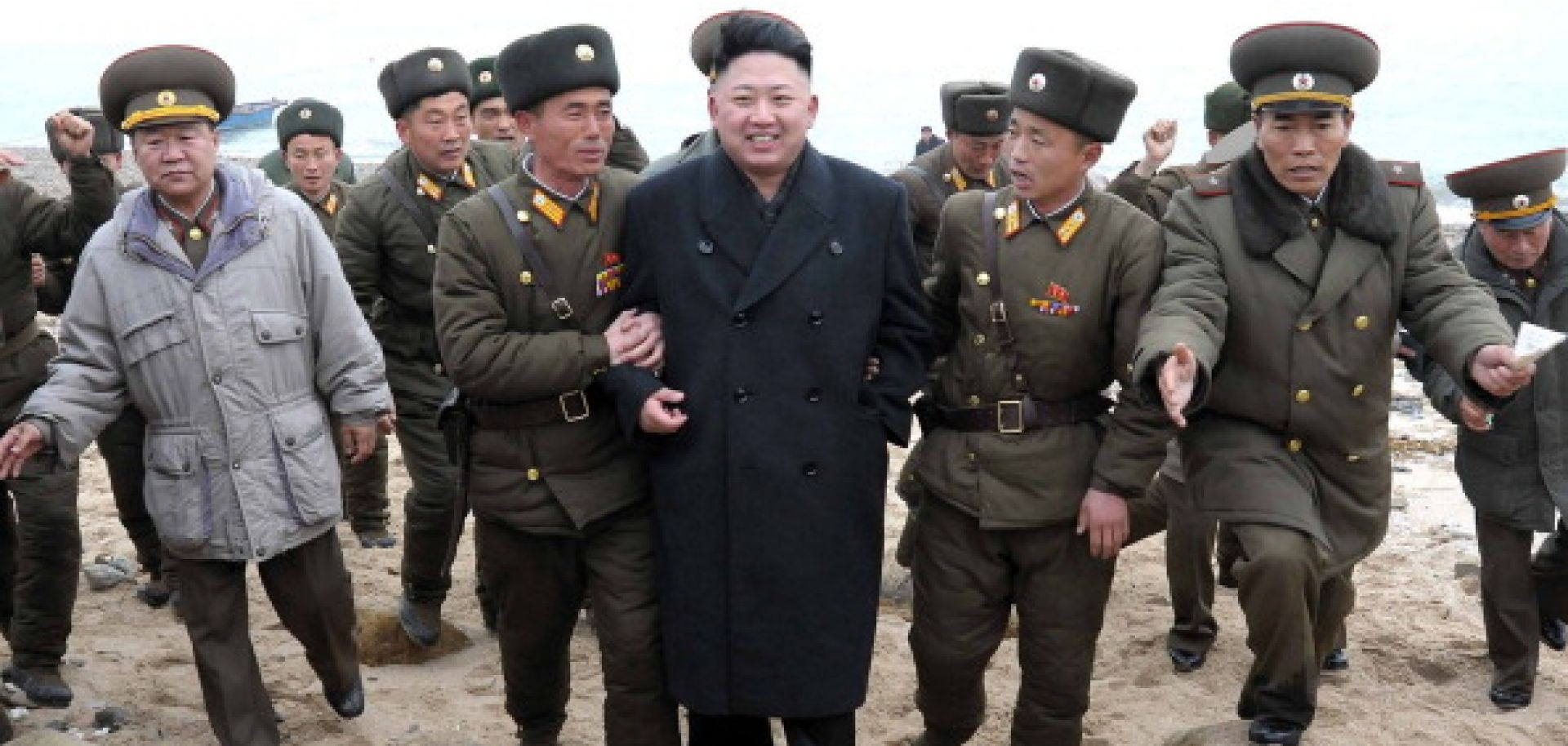ASSESSMENTS
North Korea's Appetite for Escalation
Mar 8, 2013 | 23:44 GMT

KNS/AFP/Getty Images
Summary
North Korea continues to intensify its aggressive rhetoric ahead of March 11, when Pyongyang says it will withdraw from the 1953 Armistice Agreement that ended the Korean War. In addition to annulling the armistice, Pyongyang has said it will shut down its military hotlines with Seoul and ignore its non-aggression pact with South Korea that supplements the armistice, which the South never signed. Pyongyang is trying to force the renegotiation of the armistice in hopes of redrawing the unofficial maritime extension of the Demilitarized Zone and gaining formal recognition of North Korea from the United States — both politically and as a nuclear state. To achieve its goals, the North may seek to shift the psychology around the Korean Peninsula by taking physical action.
North Korea has a long history of warnings and threats, many of which failed to materialize. But Pyongyang also has a history of action. Before 2000, cross-border shootings, commando infiltrations and maritime confrontation were not unusual. Since the inter-Korean Summit in 2000, such provocations have become less common, but in 2010, North Korea sunk a South Korean naval ship and shelled an island near its border. Those escalations may have been related to the final days of Kim Jong Il, with Pyongyang attempting to emphasize its unpredictability and strength in order to ensure security during the transition to Kim Jong Un's leadership. But the North Koreans now appear to be signaling that new violent incidents are not only possible, but also likely.
Subscribe Now
SubscribeAlready have an account?
